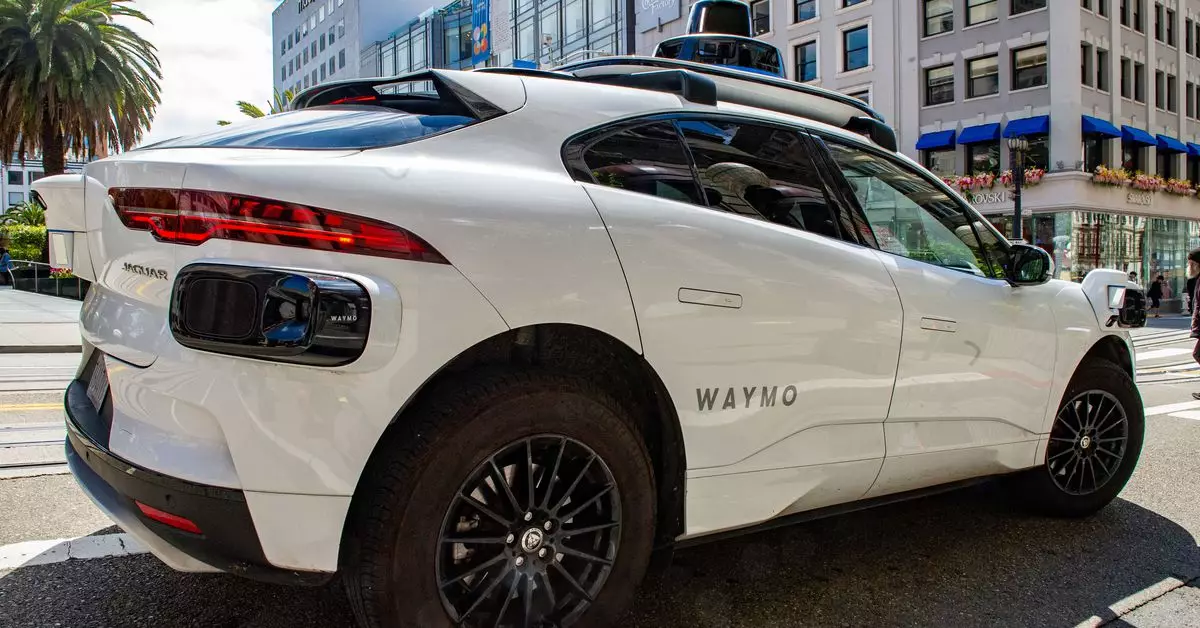Waymo, a leader in autonomous vehicle technology and a subsidiary of Alphabet, is making its first foray into an international market with the planned deployment of its vehicles on the streets of Tokyo. With a strategic partnership set to begin in 2025, this initiative marks a significant milestone in Waymo’s global expansion efforts. The company intends to conduct extensive data collection in Japan’s distinctive driving environment, which presents unique challenges such as driving on the left side of the road and navigating through densely populated urban areas.
The primary objective of this Tokyo venture is to gather mapping data essential for adapting Waymo’s autonomous driving technology to local conditions. Instead of utilizing its vehicles in a fully driverless capacity from the outset, Waymo plans to have human operators manually drive the vehicles. This approach will enable the company to gather insights into traffic patterns and road dynamics in a foreign culture. As a part of its operational framework in Japan, Waymo has partnered with Nihon Kotsu, a local taxi fleet, to facilitate the management of the vehicles, thereby demonstrating an understanding of the importance of local expertise in the venture.
A strategic partnership with GO, a prevalent taxi application in Japan, indicates a potential direction in which Waymo could take its autonomous service offerings. By leveraging established local systems, the company aims to integrate its technology into the existing transportation network rather than directly competing with local services. In the U.S., Waymo has adopted a similar approach, collaborating with Uber to feature its autonomous vehicles through ride-hailing options in cities such as Austin and Atlanta. This model not only allows for smoother entry into new markets but also paves the way for a more sustainable growth trajectory in the realm of autonomous transportation.
While expanding its international presence, it is essential to understand Waymo’s current status within the United States. The company operates around 700 autonomous vehicles across major cities like Phoenix, San Francisco, Los Angeles, and Austin. Recently, Alphabet’s CEO Sundar Pichai reported that Waymo is successfully conducting approximately 175,000 paid rides every week, totaling nearly a million miles traveled by its fleet. These figures highlight Waymo’s gradual yet steady progress in establishing a foothold in the evolving landscape of autonomous mobility.
In Tokyo, Waymo plans to initially employ trained specialists to operate the vehicles, ensuring a cautious approach to safety as it gathers critical data. This phase will begin with a monitored manual driving process, moving towards a hands-free autonomous experience once the technology and operational methodologies have been adequately tested. However, while Waymo has not committed to a timeline for transitioning to fully driverless operations, the groundwork will be laid during these exploratory tests in the city. The geofenced zones selected, such as Minato, Shinjuku, and Shibuya, reflect a strategic focus on densely populated and high-traffic areas, vital for refining the autonomous system.
Despite its ambitious plans for Tokyo, Waymo enters a challenging landscape replete with market dynamics uninformed by its previous U.S. experiences. Japan has traditionally been more reserved towards adopting foreign autonomous technologies, and incumbents like Toyota and Nissan have prioritized testing elsewhere, notably in cooperation with Chinese partners. This situation creates hurdles, as Waymo must navigate an environment where local manufacturers dominate the autonomous vehicle landscape. Therefore, the collaborative approach that Waymo is taking could prove beneficial, fostering goodwill and maximizing local insight.
Waymo’s expansion to Tokyo exemplifies a careful strategy that emphasizes learning and adaptation over rapid deployment. By engaging with local partners and focusing on data collection, Waymo is not only gathering operational insights but is also poised to become a part of Japan’s intricate transportation ecosystem. As Waymo evolves its approach to autonomous driving, its actions in Tokyo could serve as a template for future markets, signaling the potential of technology-integrated collaborations that respect local contexts and leverage existing infrastructures. As the autonomous vehicle industry continues to grow, the international landscape will likely become an arena where innovation is balanced with cultural nuance and operational realities.


Leave a Reply